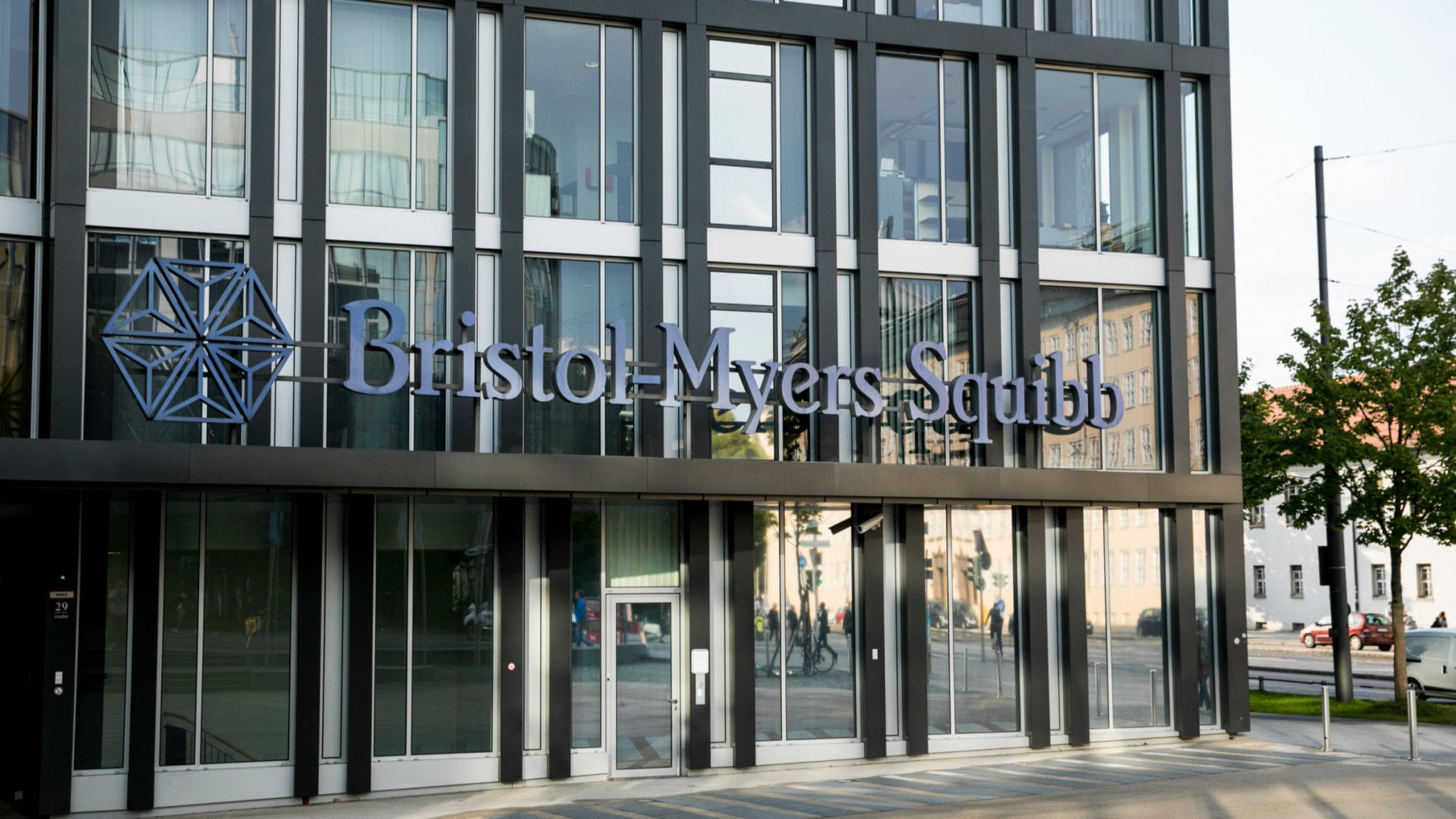
Breakthrough status and promise of a speedy review arrives for Opdivo/Yervoy combination as Bristol-Myers bites at Bayer
Its frontline and single-agent aspirations have been set back, but Bristol-Myers Squibb just took a big step forward in its efforts to apply its checkpoint inhibitor Opdivo to liver cancer. The FDA has granted breakthrough status and priority review to a combination, second-line treatment.
The designation is for Opdivo (nivolumab) in combination with Yervoy (ipilimumab), for treating advanced hepatocellular carcinoma (HCC), the most common form of liver cancer. The PD-L1 drug was already approved as a single-agent, second-line treatment for HCC. A PDUFA date was set for March 10, 2020 — just 4 months from now.
Unlock this article instantly by becoming a free subscriber.
You’ll get access to free articles each month, plus you can customize what newsletters get delivered to your inbox each week, including breaking news.